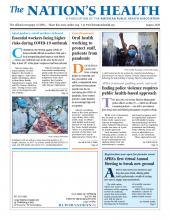2020 has been a game-changing year for U.S. public health, sparking serious conversations about systemic racism, pandemics, mental health and more. Authors have been busy publishing insightful volumes, many of which reflect this historic moment of social change, protests and calls to action. Take a respite from the hot summer sun, find a comfy chair and some shade — and a safe physical distance — and dig into some of these page-turners.
Together: The Healing Power of Human Connection in a Sometimes Lonely World
Vivek Murthy
Humans are social creatures who strive to bond with one another. Murthy, MD, MBA, the 19th U.S. surgeon general, says that loneliness has become a public health problem that can harm mental and physical health. Murthy offers ways to connect with family and others and to handle the psychology of loneliness, which is powerful advice during this time of physical distancing and isolation.

2020, Harper Wave, 352 pages
Migrating to Prison: America's Obsession With Locking Up Migrants
César Cuauhtémoc García Hernández
Each year, America locks up 400,000 immigrants, who wait behind bars for a civil or criminal immigration proceeding. Hernández chronicles the emergence of immigration imprisonment, which disproportionately involves Hispanics. He also explains how politicians often incorrectly link immigration imprisonment with security risks and threats to law.

2019, English, 224 pages
Death in Mud Lick: A Coal Country Fight Against the Drug Companies That Delivered the Opioid Epidemic
Eric Eyre
Eyre, a Pulitzer Prize-winning reporter, investigates how pharmaceutical companies inundated West Virginia communities with opioids and how some of the communities fought back. Exhaustively researched, the book follows the opioid shipments into individual counties, pharmacies and homes in the state and explains how thousands of Appalachians got hooked on prescription drugs, resulting in the highest overdose rates in the country.

2020, Scribner, 304 pages
Racism: Science & Tools for the Public Health Professional
Chandra Ford, PhD; Derek Griffith, PhD; Marino Bruce, PhD; and Keon Gilbert, DrPH, MPA, MS
Edited by leading social scientists, this best-selling APHA Press book delves into the ways racism affects health and well-being and examines interpersonal and structural racism. Along the way, contributors examine racism’s continuing influence on U.S. institutions and policy, bringing health equity to the forefront of the national discussions on racism and serving as a driver for change. The essays in the book were written by leading researchers and scientists who have studied the topic for years.
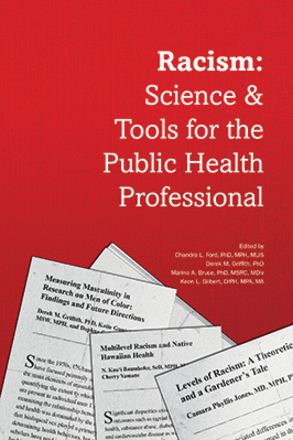
2019, APHA Press, 616 pages
Invisible Americans: The Tragic Cost of Child Poverty
Jeff Madrick
One in every six children in America is raised in poverty. Madrick explains how this came to be and why most social services do not get to the root of poverty’s causes. In addition, he explores the devastating effect poverty can have on the mental and physical health of children, and also offers a call to action to combat child poverty in America. Profiles of families caught in poverty’s grip illuminate its realities throughout this gripping volume.
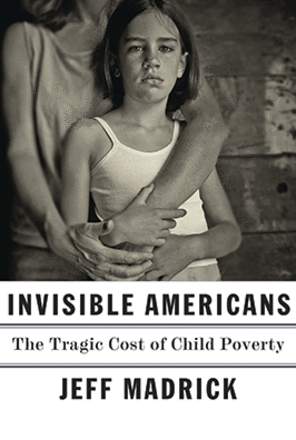
2020, Knopf, 240 pages
Good Talk: A Memoir in Conversations
Mira Jacob
In this graphic memoir, Jacob writes about her 6-year-old son as he grows up in America. Insights are found during the 2016 U.S. presidential campaign as the boy asks questions about race, sexuality and love. The memoir explores American identity and interracial families through the dynamic of Jacob’s own marriage. “Good Talk” is a thought-provoking work on race and family and the challenges of living in America. It was named one of the 10 best books of 2019 and continues to intrigue readers in the U.S. and around the world.
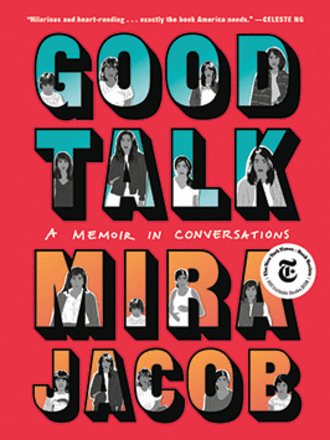
2019, One World, 368 pages
Sofia Valdez, Future Prez
Andrea Beaty
In this illustrated children's book, Beaty tells the story of a precocious little girl named Sofia Valdez. One day while walking to school, she passes a garbage dump and wonders in rhyme how it might be turned into a park. City officials dismiss her queries about environmental renewal, but this does not stop the budding community leader from moving forward and overcoming obstacles to fulfill her vision. Sofia shows how much can be accomplished through vision and will. The book is brought to life through colorful illustrations from award-winning artist David Roberts. It is also the August choice of ECO Bookworms, APHA’s climate-related book club for young readers.
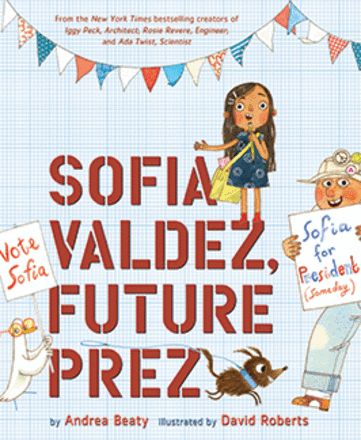
2019, Harry M. Abrams, 40 pages
How to Be an Antiracist
Ibram X. Kendi
Racism influences how we treat people of different skin colors as well as how we treat people of different sexes, gender identities and body types. In this New York Times bestseller, which has taken on new resonance in light of current events, Kendi, founding director of the Antiracist Research and Policy Center at American University, explores a range of anti-racist ideas that will help readers understand racism’s consequences and better discern it in social settings and institutions. Racism intersects with class, culture and geography, Kendi says. It is an important volume as American leaders grapple with systemic racism in all corners of society and explore social determinants of health.
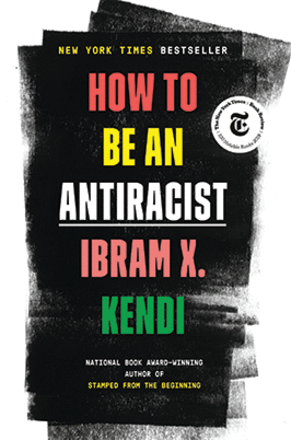
2019, One World, 320 pages
Policing the Womb: Invisible Women and the Criminalization of Motherhood
Michele Goodwin
Goodwin documents how U.S. legislators increasingly are criminalizing women for miscarriages and stillbirths and threatening the health of their pregnancies. Among the results are women giving birth while shackled in leg irons, in solitary confinement and in bathrooms. In some states, pregnancy has become a bargaining chip, with prosecutors offering reduced sentences in exchange for women agreeing to be sterilized. Goodwin shows how unrestrained efforts to punish and police women's reproduction has made the U.S. a dangerous place for pregnant women.
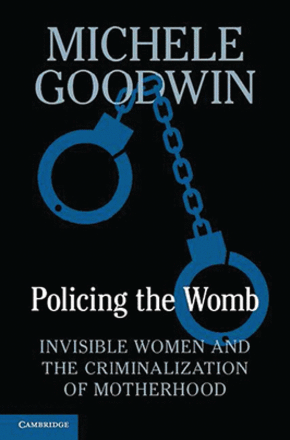
2020, Cambridge University Press, 334 pages
- Copyright The Nation’s Health, American Public Health Association


